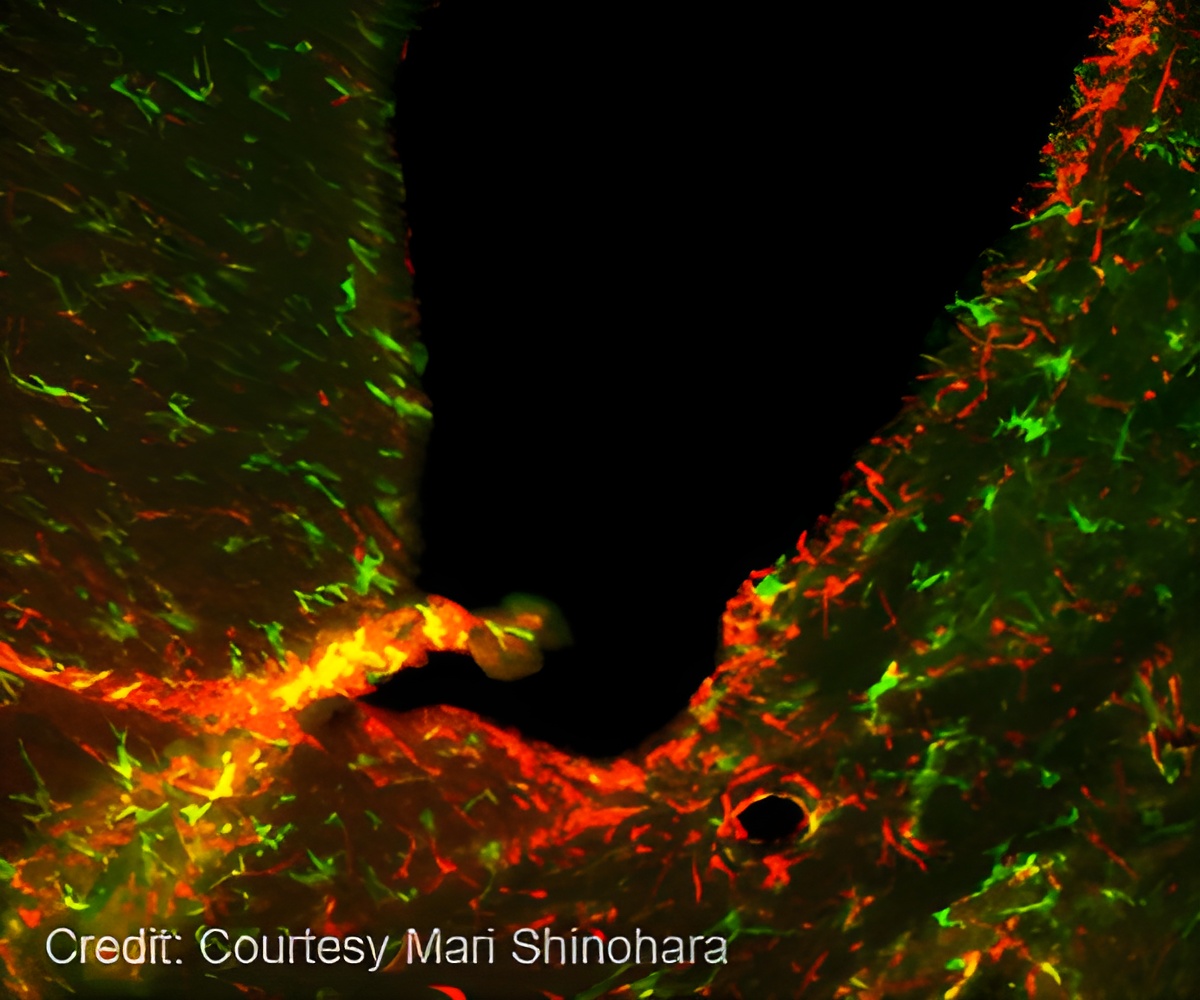Determining the biological mechanisms for drug-resistant multiple sclerosis reveals new directions for diagnosis and treatment.

- Multiple Sclerosis is a nervous disorder that affects the spinal cord and the brain.
- Scientists identify biological mechanisms behind drug-resistant multiple sclerosis.
- Biological mechanisms help in providing new directions for diagnosis and treatment options for multiple sclerosis.
This damage may lead to various cognitive problems, disturbances in the vision, coordination difficulties and muscle weakness.
Multiple sclerosis patients depend on interferon-beta drug to avoid the neurological symptoms and flare ups of the disease in the past 15 years. However the drug is found to be ineffective due to its cost and flu-like side effects.
Mari Shinohara, associate professor of immunology at Duke said, "The study shows a really clear molecular mechanism that may explain why some people do not respond to interferon-beta treatment.”
"We've found what makes a difference in the response." she added.
Scientists are still finding out the biological mechanisms that lead to the neuronal damage of multiple sclerosis.
Current study aimed to figure out the reason that triggered the second form of the disease.
Shinohara and team found two specific receptors called CXCR2 and LTBR, in the center to the development of disease in patients for whom interferon-beta did not work. They also found that treating the mice with a molecule that is capable of blocking these receptors were found to reduce the symptoms.
The effect of these receptors in multiple sclerosis patients were studied by comparing the genetic profiles of multiple sclerosis patients who took interferon beta drug and who did not take. The data was collected as a part of Murdock-MS Study in Kannapolis, NC.
Simon Gregory, a professor of medicine said, "We identified individuals who were not responsive to the interferon-beta treatment, and looked at their CXCR2 and LTBR relative gene expression levels."
"We found them to be upregulated," meaning they were producing more of the receptors, he said.
Targeting CXCR2 and LTBR receptors may be helpful in treating multiple sclerosis. This would also help doctors in identifying the treatment options for patients.
Dr.Xiaoxia Li, department of immunology, Cleveland Clinic said that the study findings would help in finding new diagnostic and treatment options.
Li said, "This new model gives us opportunities to explore a different disease mechanism that has been elusive to the field thus far."
"I believe it will have a large impact on both the basic and translational research on multiple sclerosis." he added.
Source-Medindia















